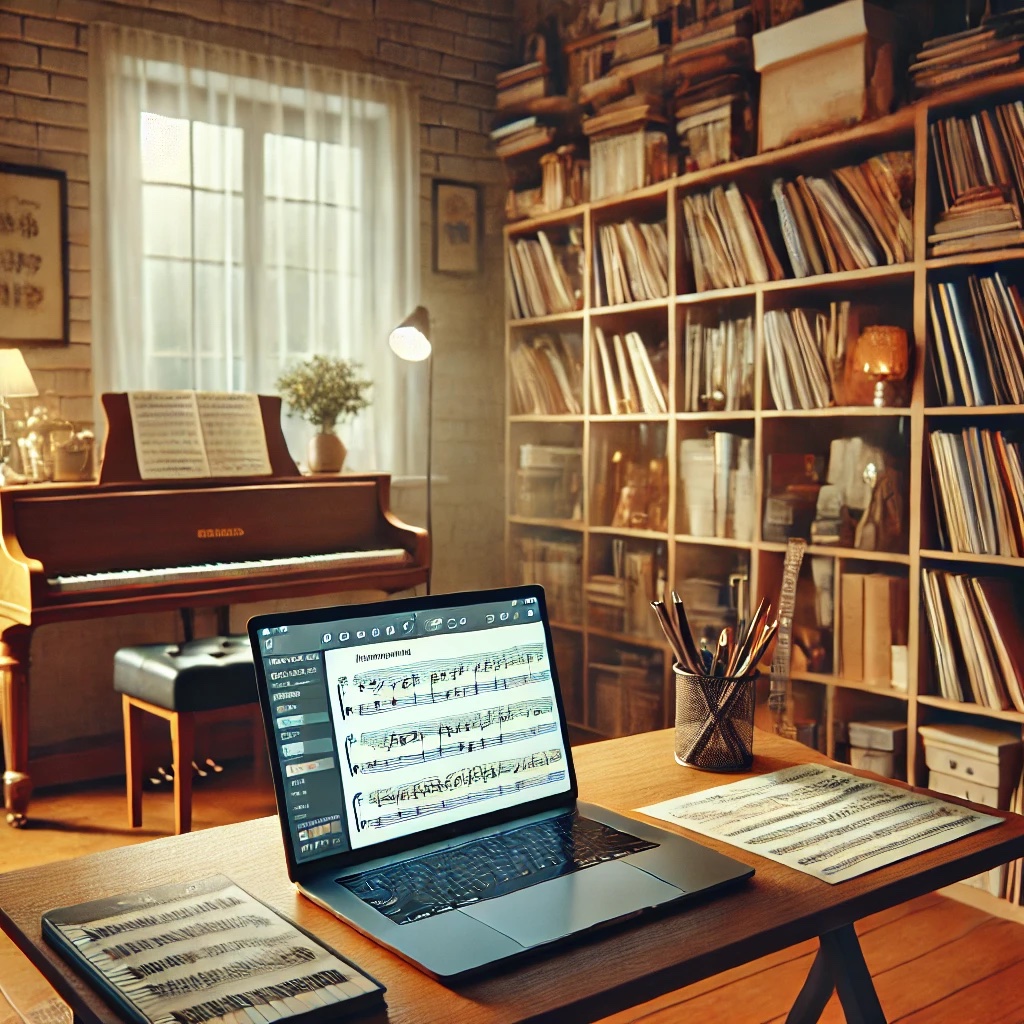Written by Laura Dean and ChatGPT
Have any of you dipped your toe into the world of Artificial Intelligence, also known as AI? I have. I have used AI to generate a set list for a Gen Z couple who hired me to play for their wedding ceremony and the cocktail hour. I’ve used it to create a short narrative about the major musical time periods for a concert that I’ve given featuring composers from the Baroque to the 21st Century. I’ve used it to find weekly music riddles for my students that I write on a white board at the entrance of my studio. I have embraced ChatGPT as a personal administrative and research assistant who is available to answer my requests 24/7. AI has saved me hours of time and energy, and I think we can all agree that time and energy are among our greatest resources.
AI is rapidly becoming a valuable tool for independent music teachers. While some educators may feel hesitant to embrace technology, AI can simplify many aspects of studio management and instruction. Here are a few practical ways AI can enhance your work life while saving hours of labor.
1. Music Theory Assistance
AI-powered chat tools like ChatGPT can generate explanations, exercises, and quizzes tailored to your students’ needs. If a student is struggling with key signatures, AI can instantly create customized drills or explain concepts in new ways.
2. Music History Insights
Need a quick historical background on a composer or musical style? AI can summarize key information, suggest repertoire based on a student’s interests, or even help craft engaging storytelling for lessons.
3. Organizing Your Busy Schedule
AI can help structure your week by generating lesson plans, reminders, and task lists. Tools like Google Calendar’s AI scheduling suggestions or Notion AI can assist in balancing teaching, practice time, and administrative tasks. AI-generated to-do lists can prioritize important tasks, for example, aiding in recital planning, student follow-ups, and lesson prep.
4. Project & Recital Planning
AI can assist in creating structured project plans, timelines, and even recital programs. Tools like Notion AI or ChatGPT can generate theme ideas, student progress checklists, and repertoire suggestions based on difficulty level and performance goals.
5. Marketing & Social Media
For teachers looking to grow their studios, AI can help generate website content, write engaging social media posts, or draft newsletters. Canva’s Magic Write and ChatGPT can quickly create compelling descriptions for lessons, events, or studio promotions.
Getting Started with AI
OpenAI’s ChatGPT is available for free at https://chat.openai.com, with enhanced features available through a paid subscription. Other AI tools, such as Google’s Gemini and Microsoft Copilot, offer similar capabilities.
Embracing AI doesn’t mean replacing the human touch in teaching—it simply enhances our ability to be more efficient, creative, and responsive to students’ needs. By incorporating AI thoughtfully, independent music teachers can spend less time on administrative tasks and more time focusing on what truly matters: making music.
Now excuse me, what with all the time that I saved co-writing this article with ChatGPT, I’m stepping out for a long leisurely walk.

